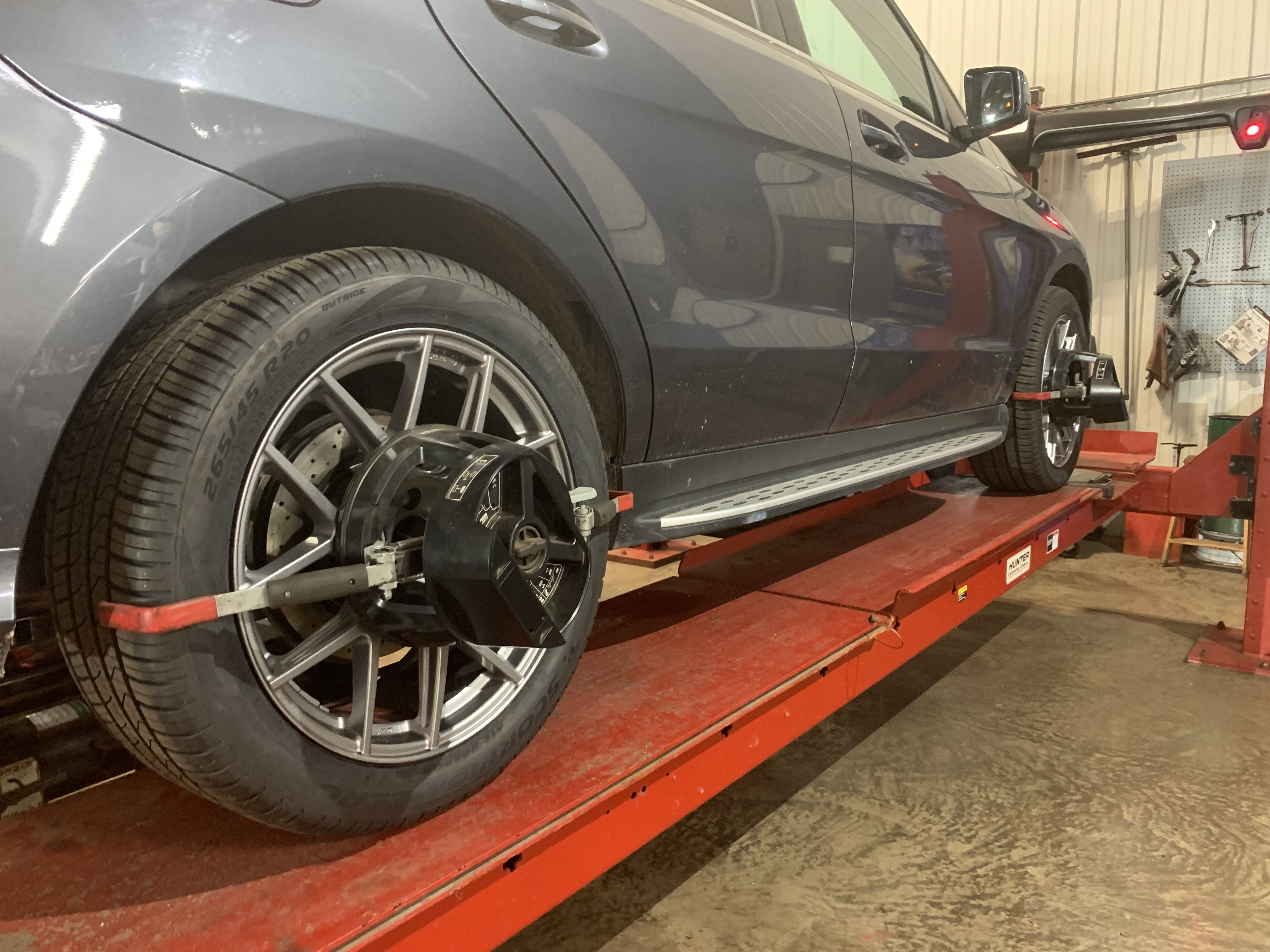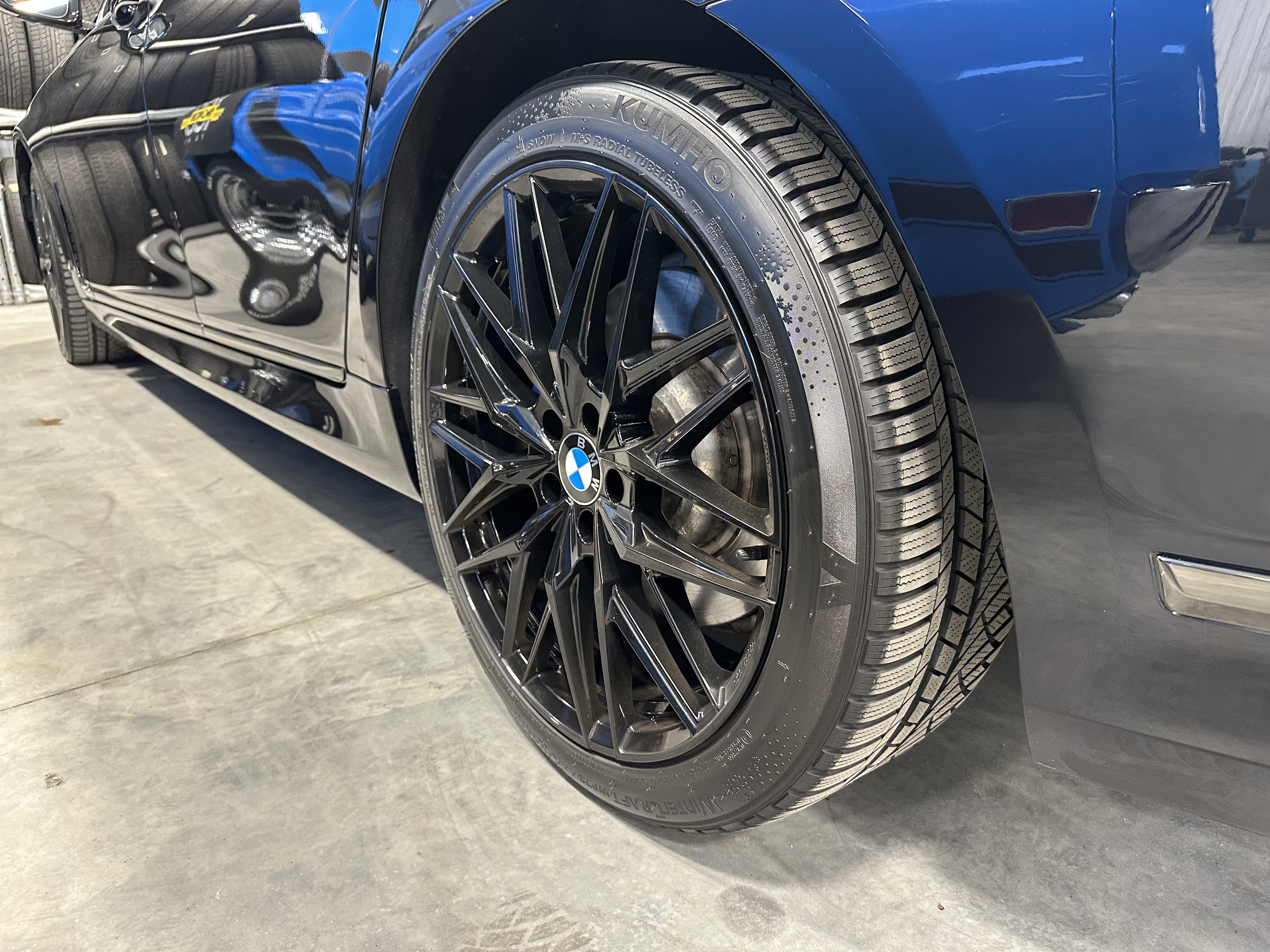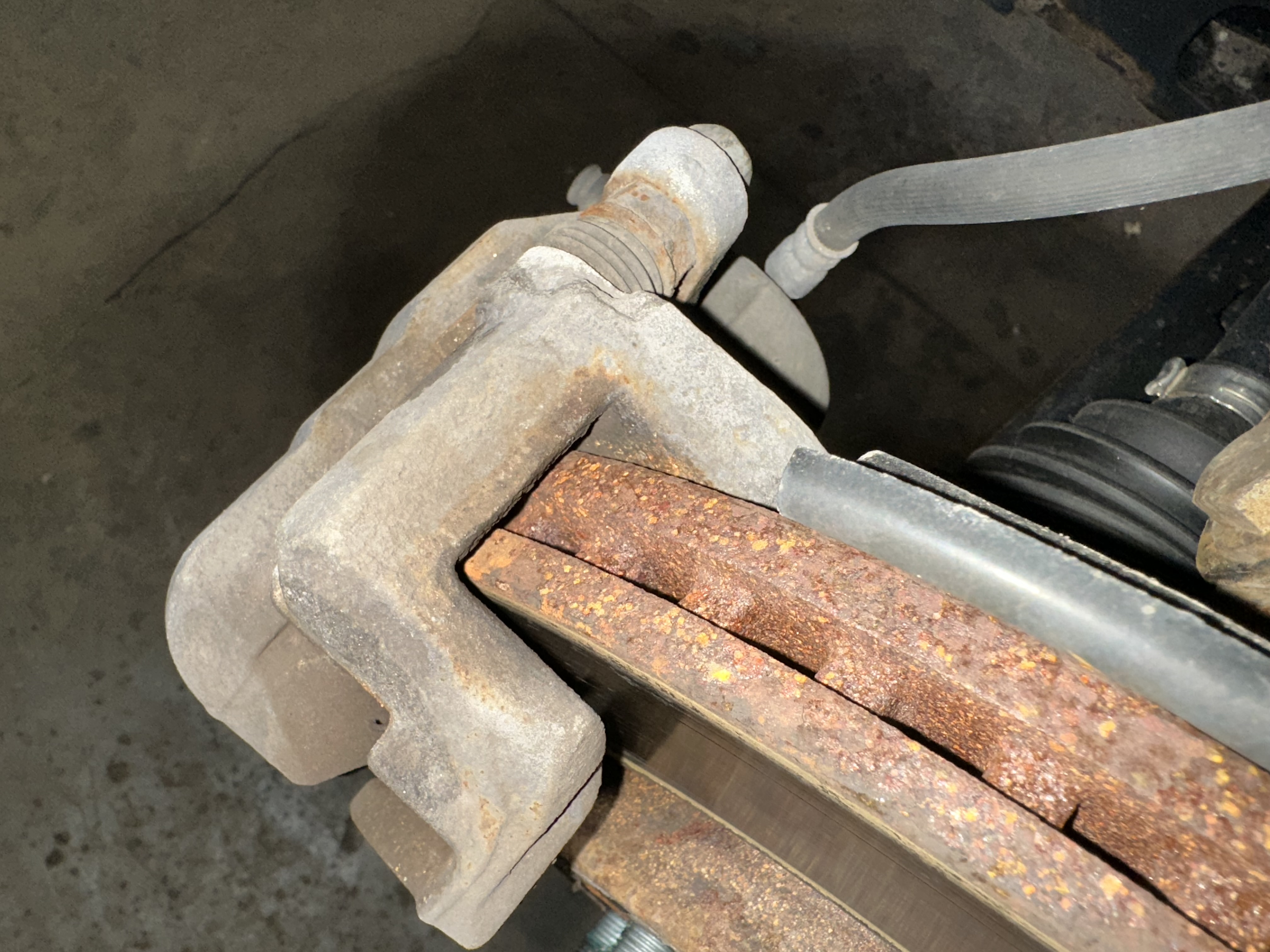Posted on 4/28/2023

Have you ever experienced your car pulling to one side while driving? This can be a frustrating and even dangerous problem. Pulling can cause premature wear and tear on your tires. This can lead to reduced fuel economy and compromising your driving experience. To ensure a safe and comfortable drive, it is important to understand why your car is pulling to one side. Learn more about the reasons behind this problem and what you can do to to fix them. Wheel Alignment Issues One of the most common reasons for your car pulling to one side is related to wheel alignment issues. Your car's wheel alignment can be thrown off by several factors such as hitting a curb, potholes, or worn out steering components. When this happens, the alignment of the wheels can become misaligned. This can lead to uneven wear on the tires and pulling to one side. A simple alignment service can help get you back on track in no time. Uneven Tire Wear Your tires play a critical role ... read more
Posted on 4/21/2023

Low-profile tires are becoming popular among drivers who want to improve the performance and look of their vehicles. But what exactly are low-profile tires, and why are they so beneficial? Let's take a closer look at what these tires have to offer. What Are Low Profile Tires? Low-profile tires are sometimes referred to as "low-pro" or "high-performance" tires. They have a short sidewall height compared to other standard tire sizes. This means that the distance between the wheel rim and the tread is shorter than it is on regular tires. This gives the tire a lower profile—hence the name—and makes it appear larger in diameter than it actually is. What Are The Benefits Of Low Profile Tires? The benefits of having low-profile tires can range from improved performance to better road handling. A ... read more
Posted on 4/17/2023

If your car brakes are sticking, it can make driving a nerve-wracking experience. You press the brake pedal and nothing happens—or worse yet, it takes too long for the brakes to kick in! What’s going on? Let’s take a look at the possible causes of this issue so you can get back on the road with confidence. What Causes Brake Stickiness? The most common cause of brake stickiness is moisture or debris that has become lodged in the components of your braking system. When moisture accumulates inside your brakes, it can corrode the components and cause your brakes to stick. Debris, such as dirt or rocks, can also accumulate in your braking system and cause your brakes to stick. In some cases, it may be necessary to open up the brake drums or calipers and clean them out to prevent them from sticking again. Another common cause of sticky br ... read more